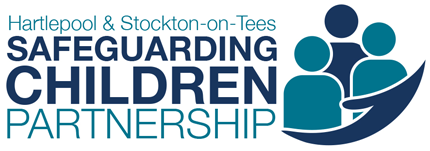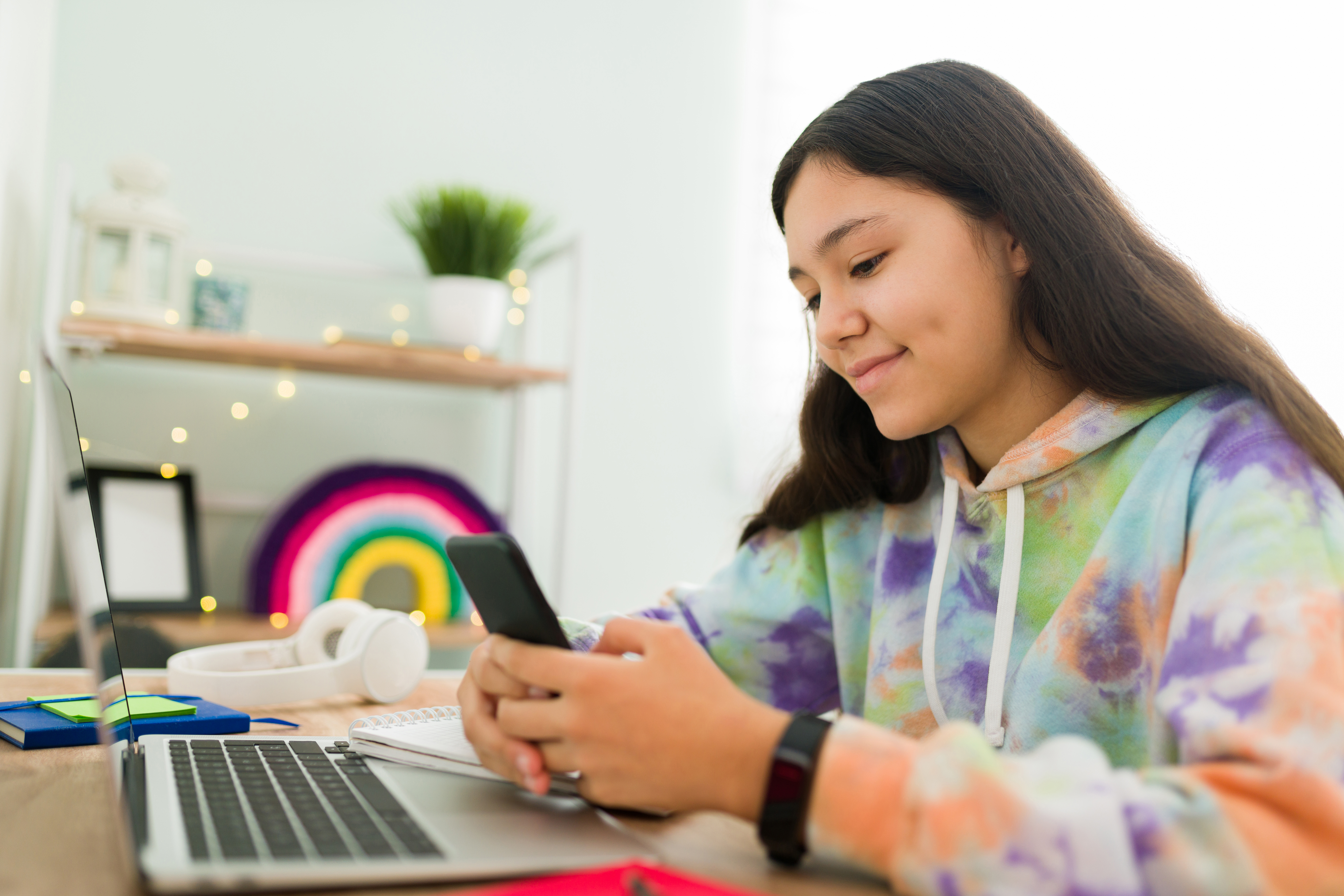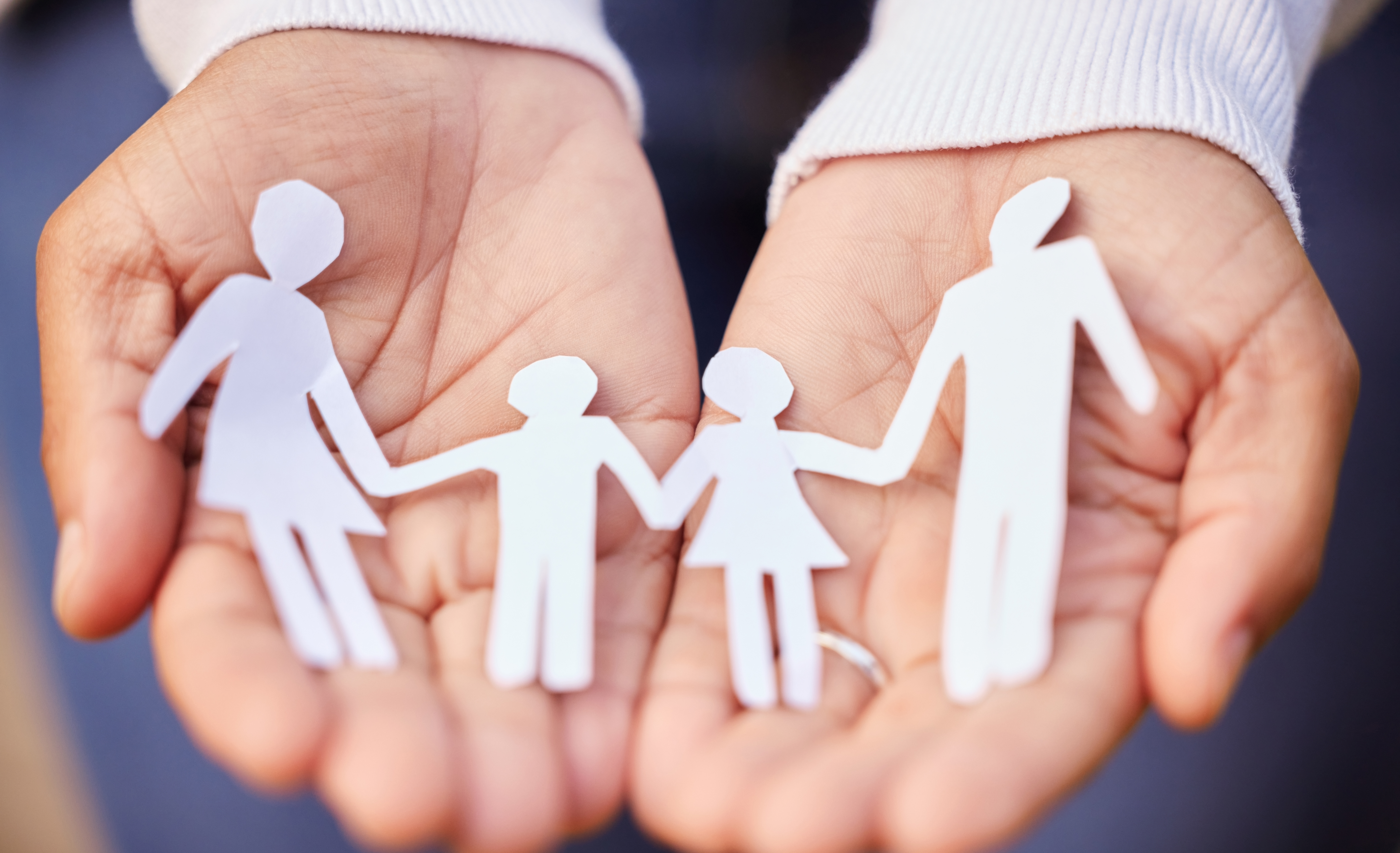Internet Safety
Welcome to our Online Safety page! Here, you'll find helpful advice on staying safe while enjoying the internet. Whether you're gaming, chatting, or sharing with friends, we have tips to protect your personal information and keep your online world fun and secure. Explore our information page to learn how to stay smart and safe online!
Top Tips For Young People:
- Always set your social media accounts to private and keep checking back to make sure your settings haven't changed.
- Never give out personal information such as home address, school, phone numbers and email addresses. Remember, posting a photo in your uniform will show people which school you go to.
- Make sure you only post or send things that you are comfortable with. If someone is threatening or pressuring you, you can report it here.
- It's important to keep our bodies private and safe, so we should never share pictures of ourselves without clothes. If an image that you are not comfortable with is shared, you can report and remove it here.
- Be careful who you speak to when gaming online... they might not be who they say they are.
- If someone's behaviour is making you scared or uncomfortable online, report the abuse here. Tell a trusted adult and ask for help.
- Make sure your device/s are up-to-date with latest security settings.
- If you're added into a group where people are saying things that you don't like, remember, you can always leave, archive, or mute the chat to feel secure. If you feel you need to, you can save conversations to report behaviour that could be dangerous.
- Make sure your passwords are secure and that you never share them with anyone.
- Be careful - not everything you see online is true. It can be very difficult to know what is real and what has been made using A.I.
- Before you send something, make sure you re-read it and are comfortable with what it says. Would you be happy to receive it? If not, don't press send. What you say to people matters and can affect how they see themselves and the way they think.
Cyber Bullying
Cyberbullying is when someone uses the internet, like social media, games, or messages, to be mean or hurtful to others. This can include teasing, spreading rumours, or sending unkind messages. If you ever face cyberbullying, remember you’re not alone. You can block or report the person, talk to a trusted adult, and save any mean messages to show them. It's important to stand up to cyberbullying by being kind to others online and asking for help when needed!
Bullied Online | CBBC | CreativeConnection | Animation
A.I.
Artificial Intelligence (AI) is like an intelligent computer that can learn and do things like a person. It can help with fun stuff like games, showing you cool videos, or even helping you find answers to questions. But sometimes, AI can make mistakes, show wrong information, or suggest things that aren’t safe.
When using AI, be careful about sharing personal information, like your name or where you live. Always ask a trusted adult if you're unsure about what AI tells you, and remember that even though AI is smart, it doesn’t always know what’s best for you!
Where to go for help:
CEOP - Child Exploitation and Online Protection Centre - www.ceop.gov.uk is the place you can go to if you need to report someone who may be contacting you and asking you:
- For nude images.
- To meet them in person and they are not who they said they were
Also, if you have been harmed by someone you met off the internet or if you have seen something you feel needs to be reported about another child or young person. CEOP can help!
You can also get advice and guidance about sexting through Childlines Zippit App.
Report Remove - Report Remove
Report Remove is a service that people under 18 can use to privately report sexual images and have them removed from the internet.
Internet Watch Foundation (IWF) - IWF
The Internet Watch Foundation allows you to anonymously report sexual images or suspected child abuse content online and have them removed.
UK Safer Internet Centre
This website gives lots of helpful advice and support to make the internet a safer place for children and young people.
ACT (Action Counters Terrorism)
ACT allows you to anonymously report suspicious or hateful behaviour that could lead to terrorism.
Kidscape - Cyberbullying
A useful website with advice on how to deal with bullying that takes place online.
Childnet
Online advice for making the internet safe for children and young people. Separate advice is available for young children and teenagers.
This page was written by pupils at Northfield School and Sports College.



